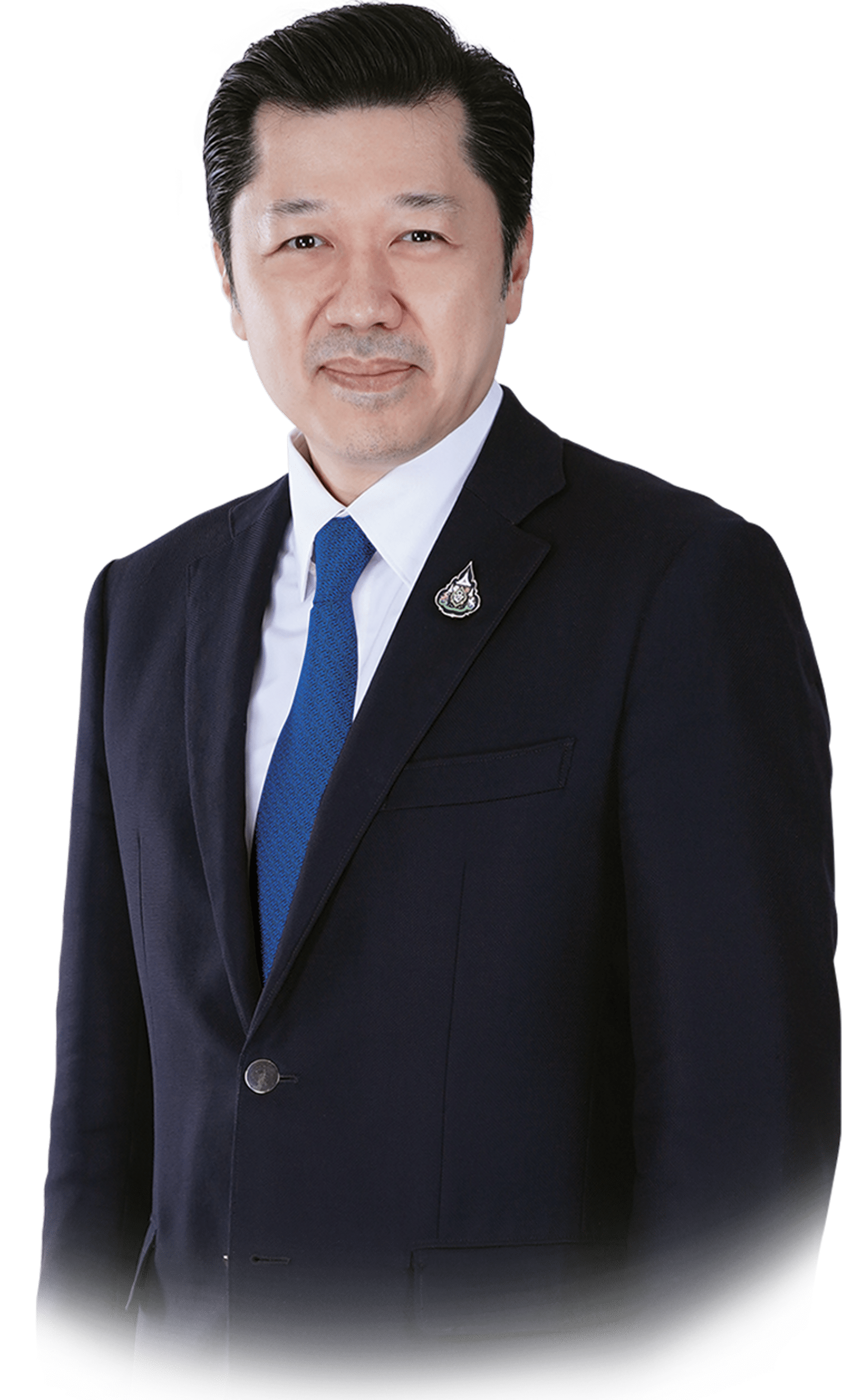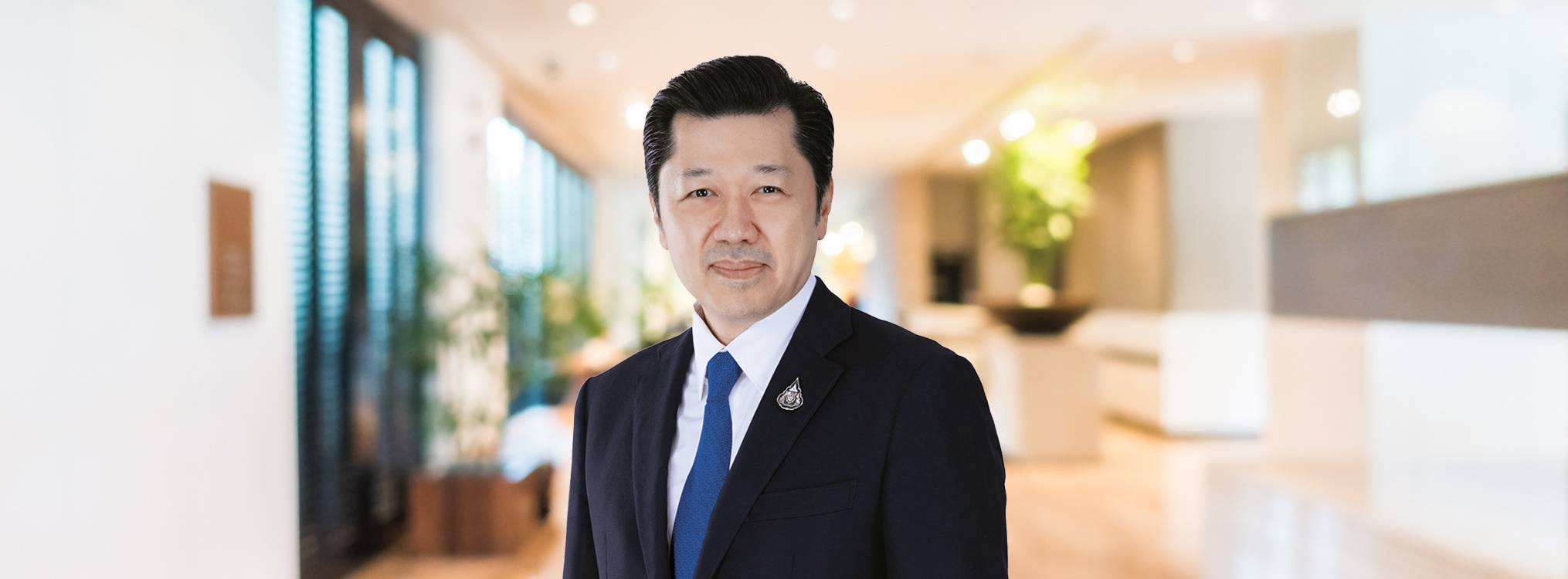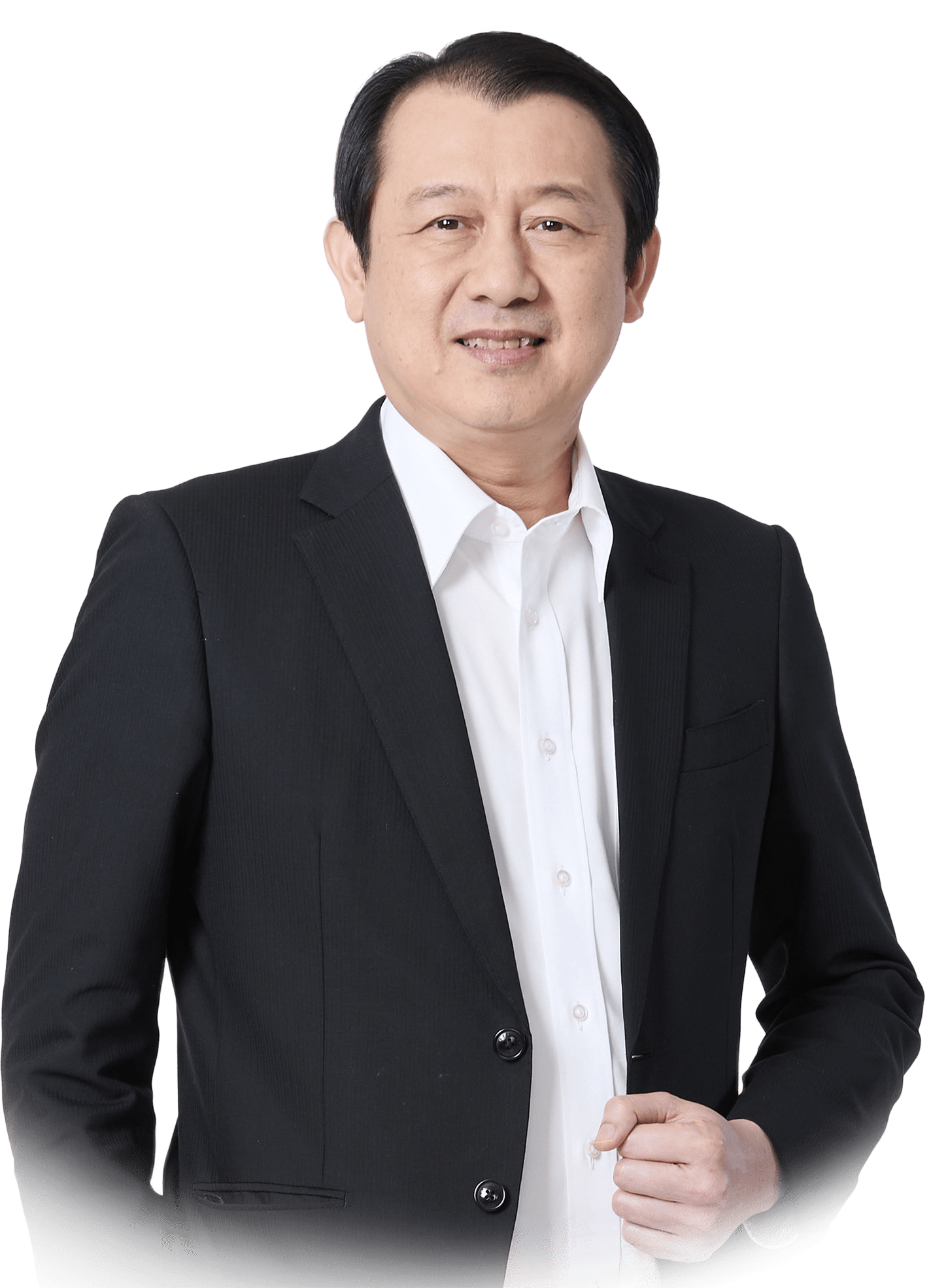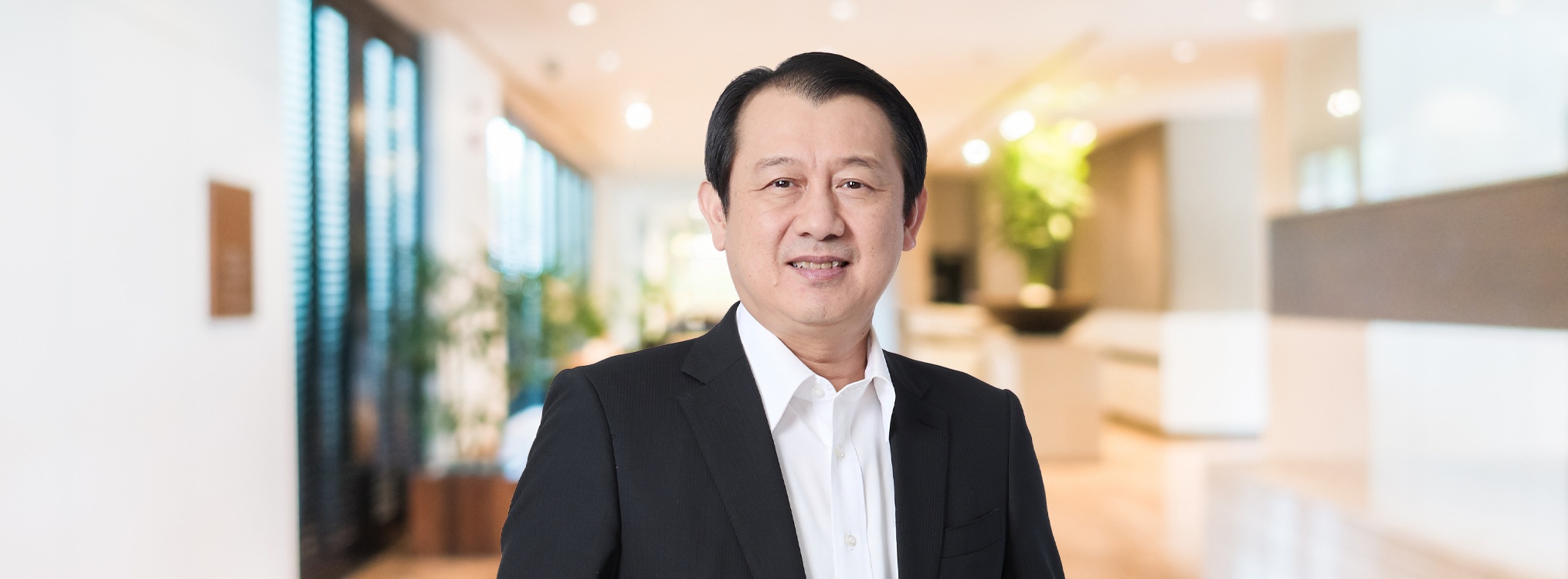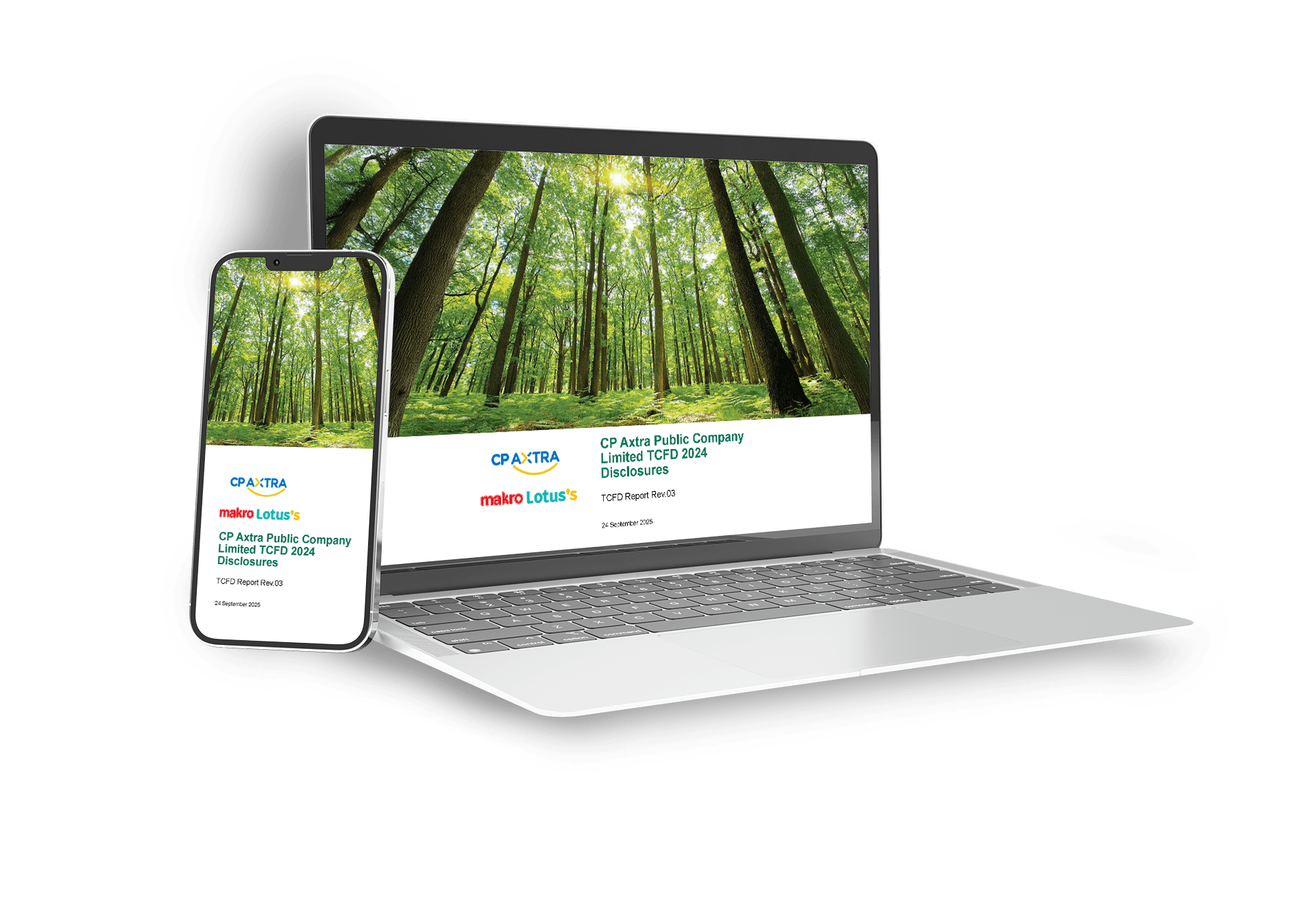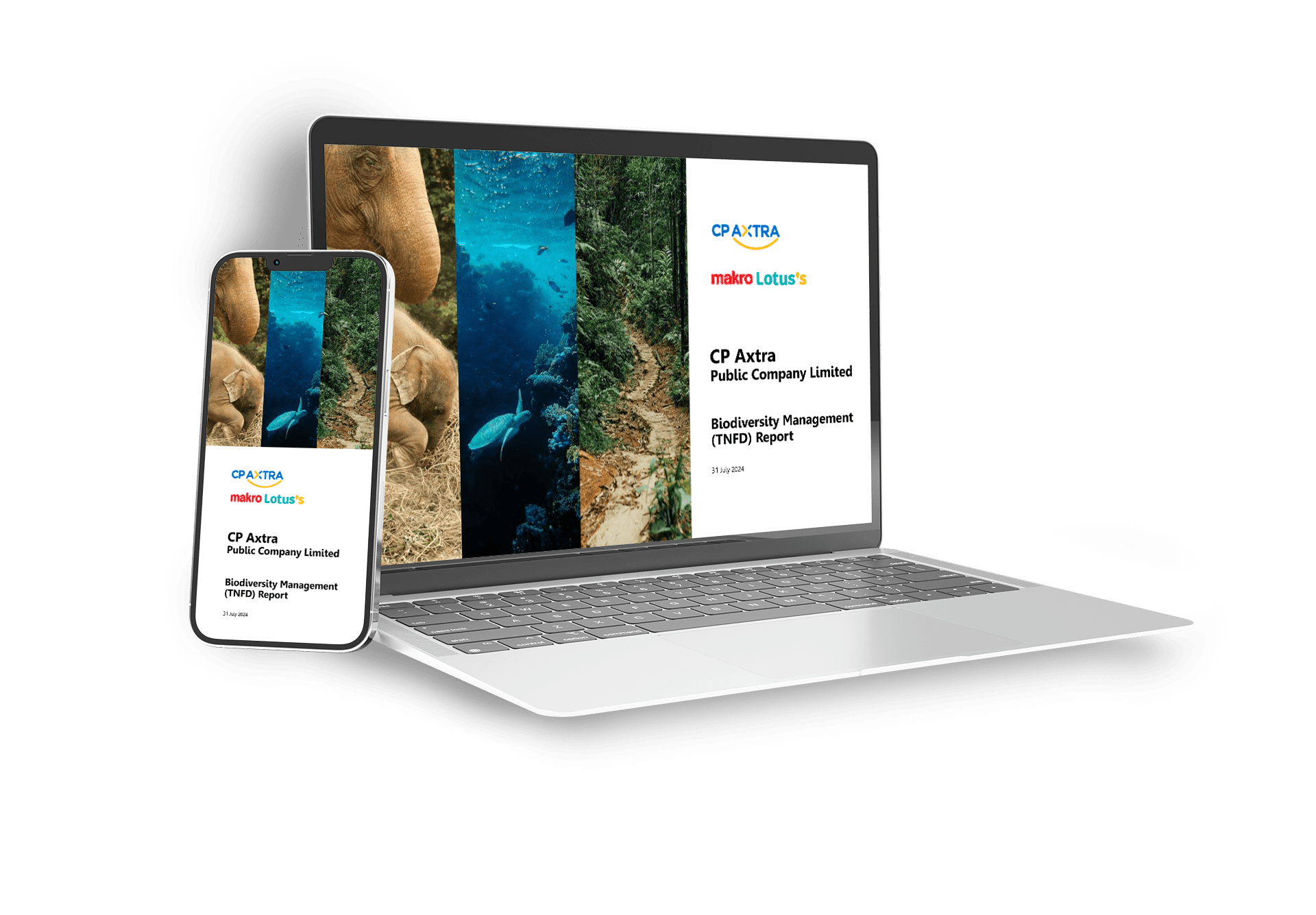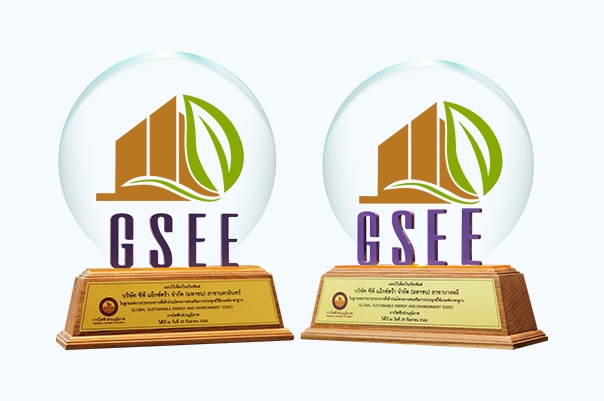Sustainability
Sustainability Management, Policy and Targets
to be the number one trusted partner for customers, offering safe and high-quality products at fair prices, supporting customers to maintain their competitiveness and profitability. To enhance stakeholders’ quality of life without compromising the future generations’ opportunity to access the resources for their needs.
The company has established a framework for developing and managing sustainability in three dimensions: economic, social, and environmental. the company disclosed the 2030 Sustainability Strategies for the 10-year roadmap from January 2021 to December 2030.
2030 SUSTAINABILITY STRATEGIES
Governance and Economic (Heart)
Social (Health)
Environment (Home)
Brand love
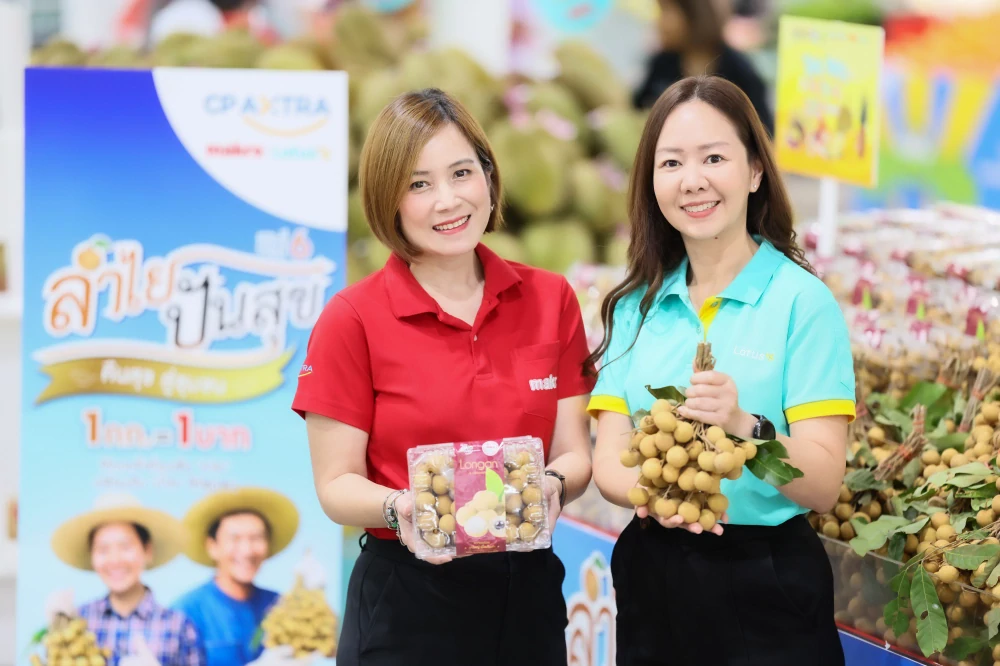
Makro–Lotus’s Expands “Longan Sharing for Community Wellbeing” Project into Its 6th Year Supporting Thai Farmers and Strengthening the Grassroots Economy through Nationwide Distribution
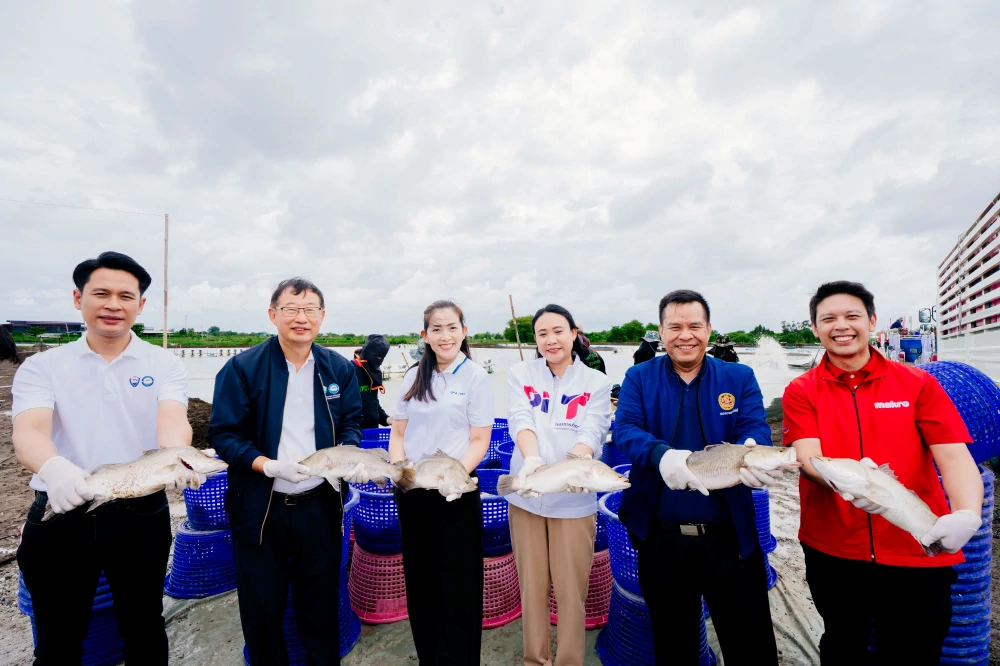
‘CP AXTRA’ Supports Thai Farmers by Purchasing Over 2.4 Million Kilograms of Sea Bass, Delivering Quality Produce from Farm to Consumers
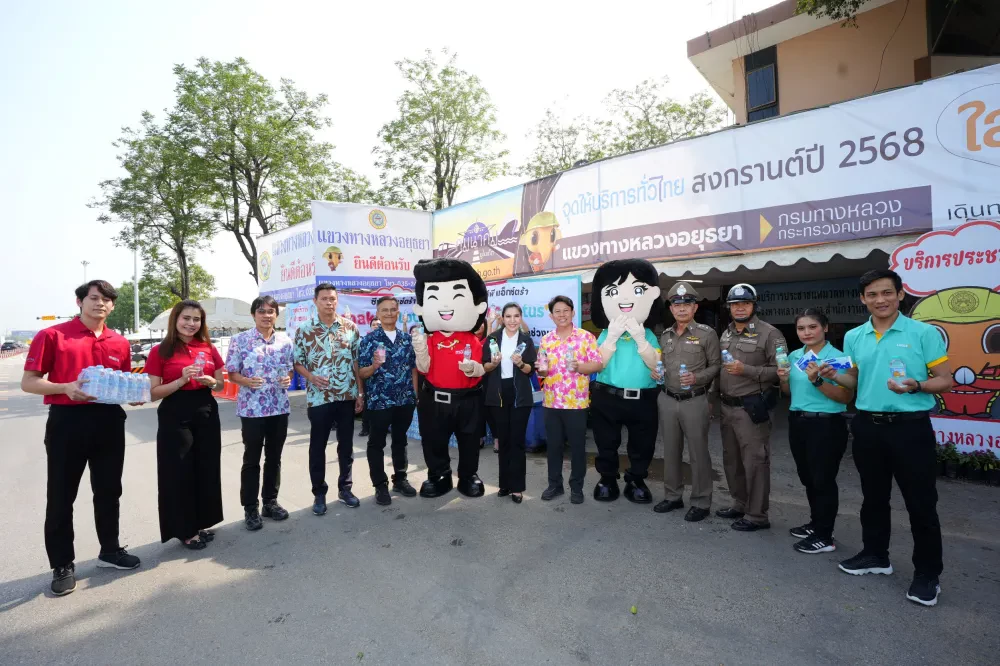
“CP AXTRA” Joins “Department of Highways” to Set Up 50 Service Points with Free Water, Refreshing Towels, Splashing Happiness During the Songkran Festival at Makro and Lotus’s Nationwide
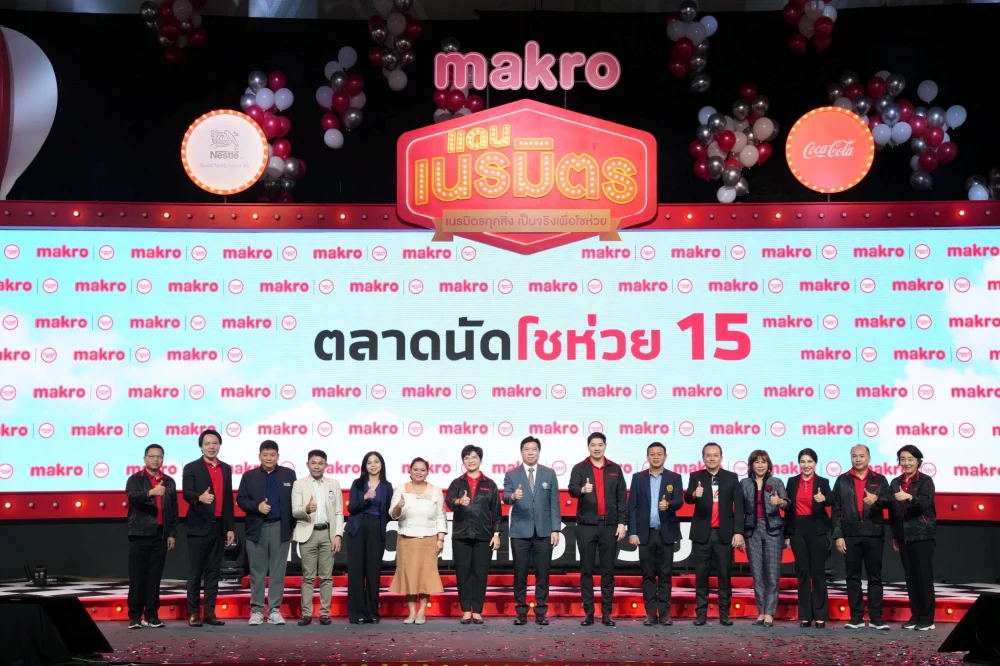
'CP AXTRA' Launches "15th Shohuay Market Fair" in Khon Kaen, Expanding Shohuay Growth and Hosting Panel Discussion on Retail Trends and Technology for Smart Shohuay
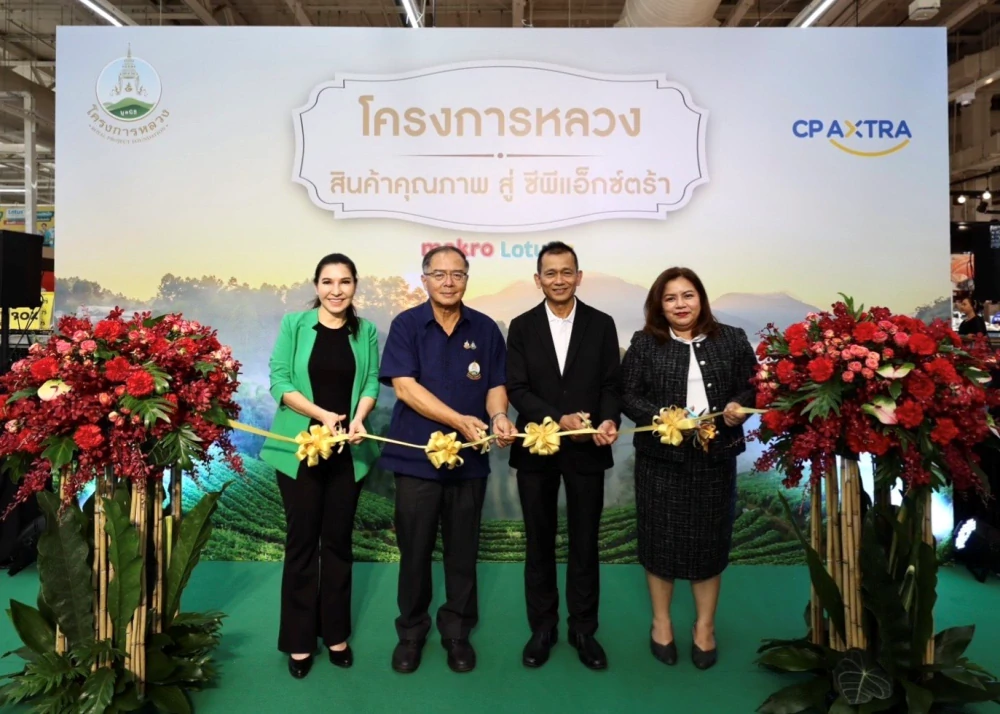
“CP AXTRA” Launches “'Royal Project Quality Products for CP AXTRA” to Support Highland Farmers and Deliver Mountain-Grown Products to Consumers Nationwide
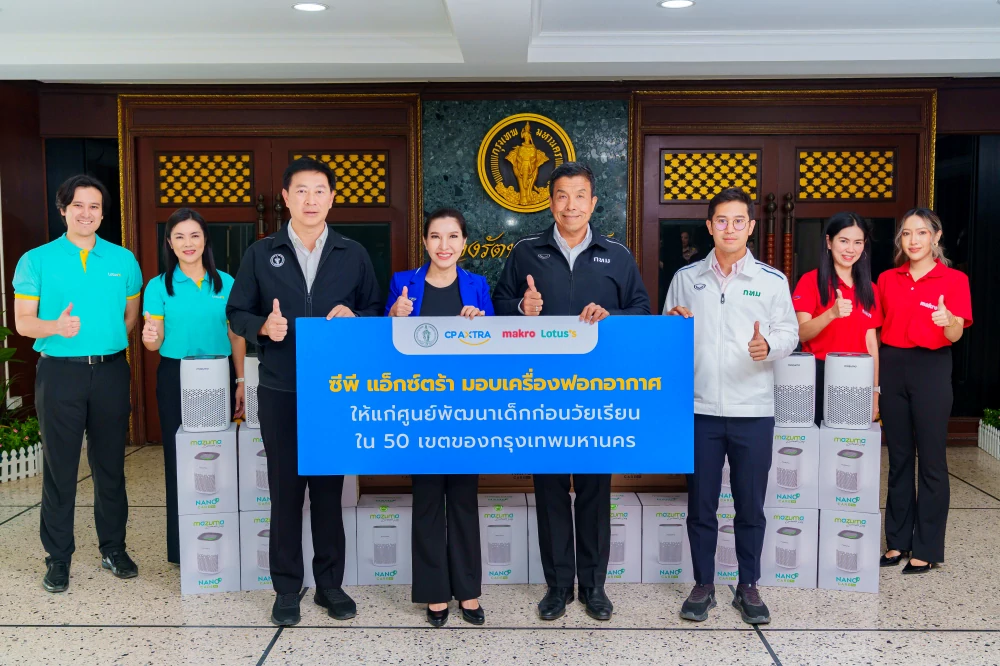
“CP AXTRA” Cares Thai Children’s Health, Joins Hands with BMA, to Provide Air Purifiers to 50 Child Development Centers Across Bangkok and Education on PM 2.5 Prevention
All Brand Love Activities
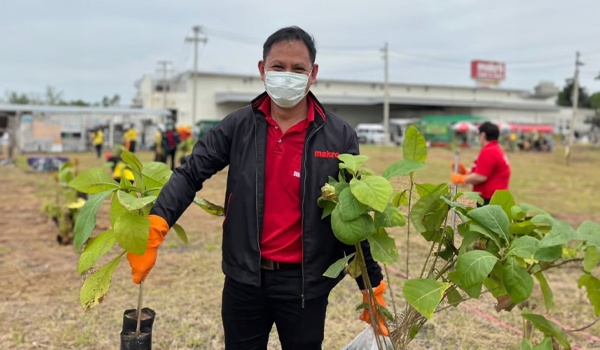
Over 32 cubic meters per day of treated water was returned to nature through groundwater bank pipe, and 7,228 perennial trees are planted at stores.
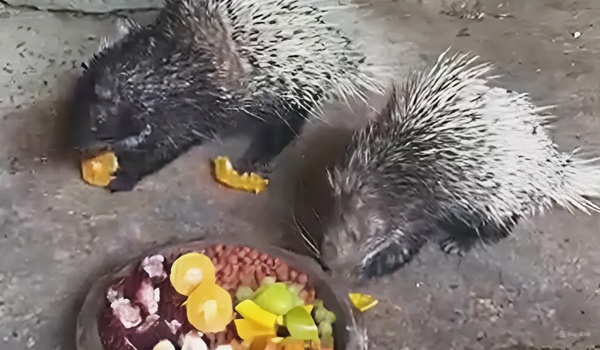
Makro & Lotus’s donated food waste to feed the animal in zoo and national park and food which cannot sale but still eatable to community, foundation, students, and farmers. And donated EM to Bangkok metropolitan administration for their cleaning and river in Bangkok areas about 3,287.64 tons per year
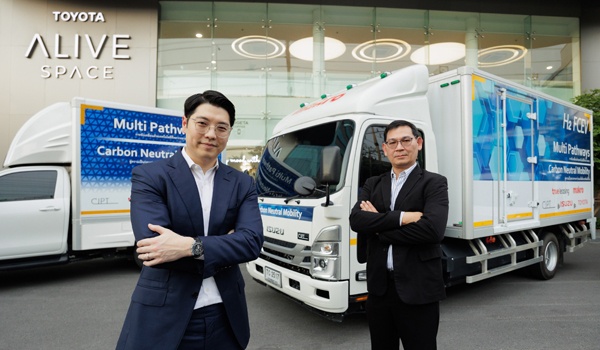
Electrical tractor head and electrical truck were operated between distribution center and stores of Makro and Lotus reduce greenhouse gases emission 77,421.80 tons of CO2 eq. per year
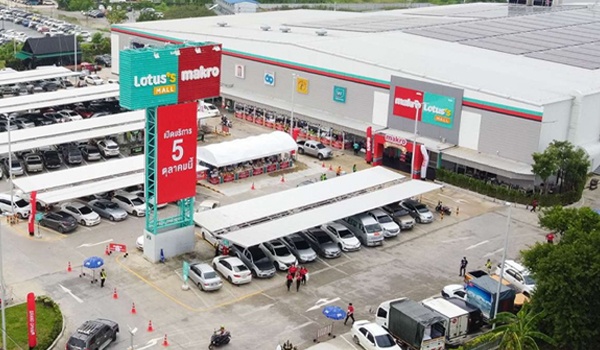
The solar rooftop are installed 87 stores and distribution centers reduce energy consumption 175,749,592.70 kilowatt-hours per year
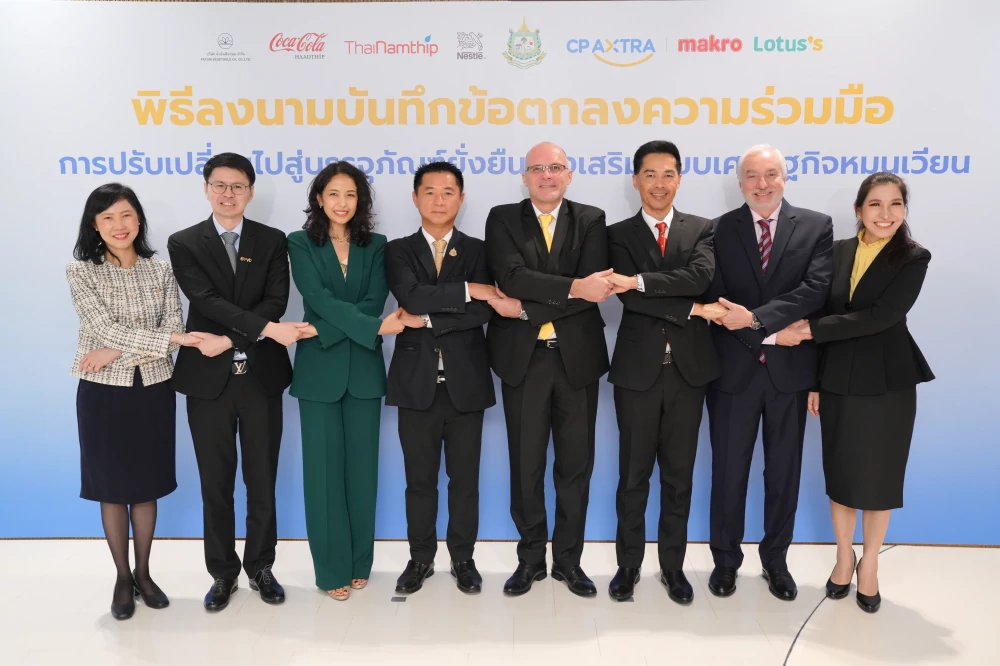
CP AXTRA Partners with Leading Companies to Sign MOU on Sustainable Packaging, Promoting Circular Economy. The MOU highlights a commitment to transitioning towards the use of ‘sustainable packaging’, including recyclable, biodegradable, and reusable materials, as well as packaging that incorporates recycled content. This joint initiative aims to drive positive change in Thailand’s wholesale and retail sectors, setting a new standard for sustainability in the industry.
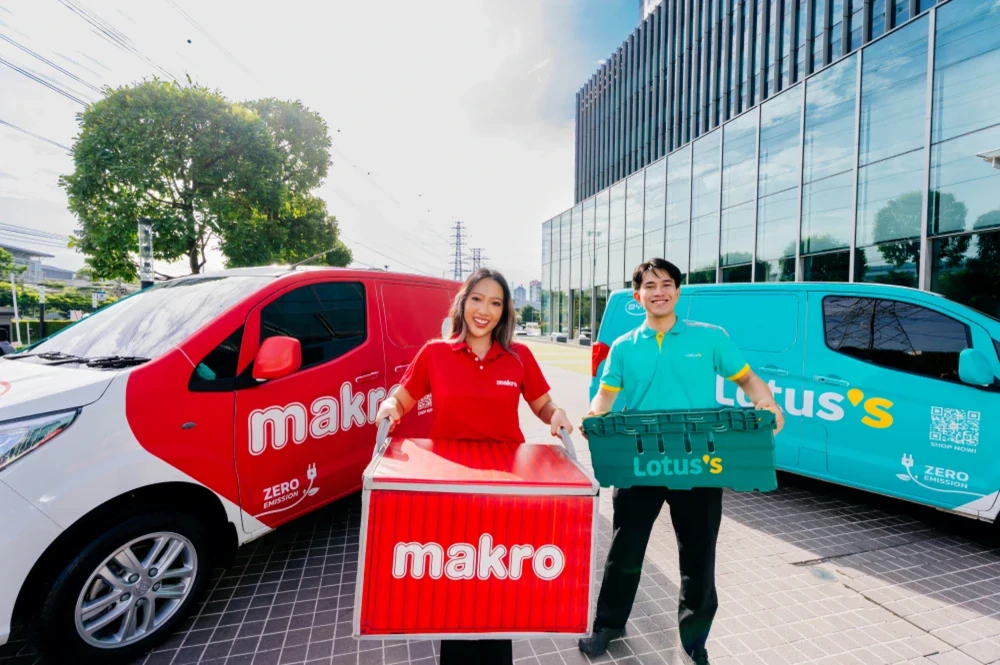
CP Axtra partners with Rêver Commercial Vehicles Co., Ltd., the sole distributor and after-sales service provider of BYD electric vehicles in Thailand to roll out up to 300 electric vans by 2025 to support the Last Mile Delivery services from Makro and Lotus's to consumer nationwide
Employee Participation in Environmental Management in the Organization
AXTRA Green Together: Small Actions for a Sustainable World – Encouraging Employee Participation in Corporate Environmental Management
The Company has initiated "AXTRA Green Together: Small Actions for a Sustainable World", an initiative that encourage employees to participate in corporate environmental management. The initiative emphasizes the importance of environmental management within the organization and encourages employees to understand the importance of energy, resources, and the environment through various activities, including energy saving in the office and environmental-friendly idea competitions, to create awareness and collaboration. These efforts are part of our commitment to achieving carbon neutrality by 2030.
- Energy Saving Program: encouraging employees to turn off lights when not in use
- Resource Conservation Program: promoting efficient use of paper among employees, including tissue paper in restrooms, and reducing wasteful water consumption
- Waste Segregation Program: encouraging employees to separate waste before disposal, with designated waste bins for different types of waste
- Returning Plastic Bottle Program: collecting plastic bottles for recycling / upcycling into employee uniforms and upcycled sports shirts for Thai children

AXTRA Green Together: Small Actions for a Sustainable World – Encouraging Employee Participation in Corporate Environmental Management
From Waste to Worth Program
Makro-Lotus’s employees play key roles in managing and sorting unsold food at the end of each day to pass them on to various organizations for beneficial use, in accordance with the Company's commitment to achieving zero food waste to landfill by 2030. Sample programs include:
- From Waste to Worth Program: In collaboration with Bangkok Metropolitan Administration (BMA), the Company signed a Memorandum of Understanding (MOU) to join the "Mai Tay Ruam" project, separating food waste from general waste. Food scraps are composted into fertilizer for use in Bangkok's public parks. In 2024, food waste was reduced by 6,032.91 tons (Makro 3,991.71 tons, Lotus’s 2,041.21 tons).
- Donating Food Waste to Animal: Makro and Lotus’s signed an MOU with the Ministry of Natural Resources and Environment to continue donating food waste to be used as animal feed at zoos and national parks for the third consecutive years.
- Food Donation to Those in Need: Lotus’s donates surplus food to the communities nearby through foundations such as Scholars of Sustenance Foundation and VV Share Foundation.
- Black Soldier Flies (BSF) Initiative: Makro and Lotus’s in the northeastern region of Thailand, in collaboration with Khon Kaen University, pass food waste to farmers in the university's network to use as raw materials for feeding and breeding Black Soldier Flies, a protein insect, with the BSF subsequently used as animal feed – this helps reducing farmers’ animal feed costs.
- EM Fermentation from Food Waste Project: Reducing food waste to landfill by fertilizing the organic food waste, such as citrus fruits and pineapples, into bio-fermented water (EM) which can be used to deodorize and degradable grease and oil in the sewer and floor at stores, chemical free.
Additionally, employees at stores and distribution centers also manage resources and waste within the organization by reusing items such as food wrapping film (plastic wrap), cardboard boxes, and pallets, as well as collecting and sorting plastics and recyclable materials for recycle process, help reducing waste sent to landfills.
